On the afternoon of April 20, Dr. Nguyen Tien Nam, Director of the Institute of Criminal Science (C09 - Ministry of Public Security ), National Assembly Delegate of Quang Binh province chaired a meeting between National Assembly Delegates at their workplace before the 5th session of the 15th National Assembly.
Major General Nguyen Tien Nam said that the conference aimed to listen to and receive opinions and recommendations from voters at their workplaces and local police criminal technical officers on the content of the upcoming 5th session of the National Assembly . The focus was on 5 draft laws drafted by the Ministry of Public Security to be submitted to the National Assembly for comments.
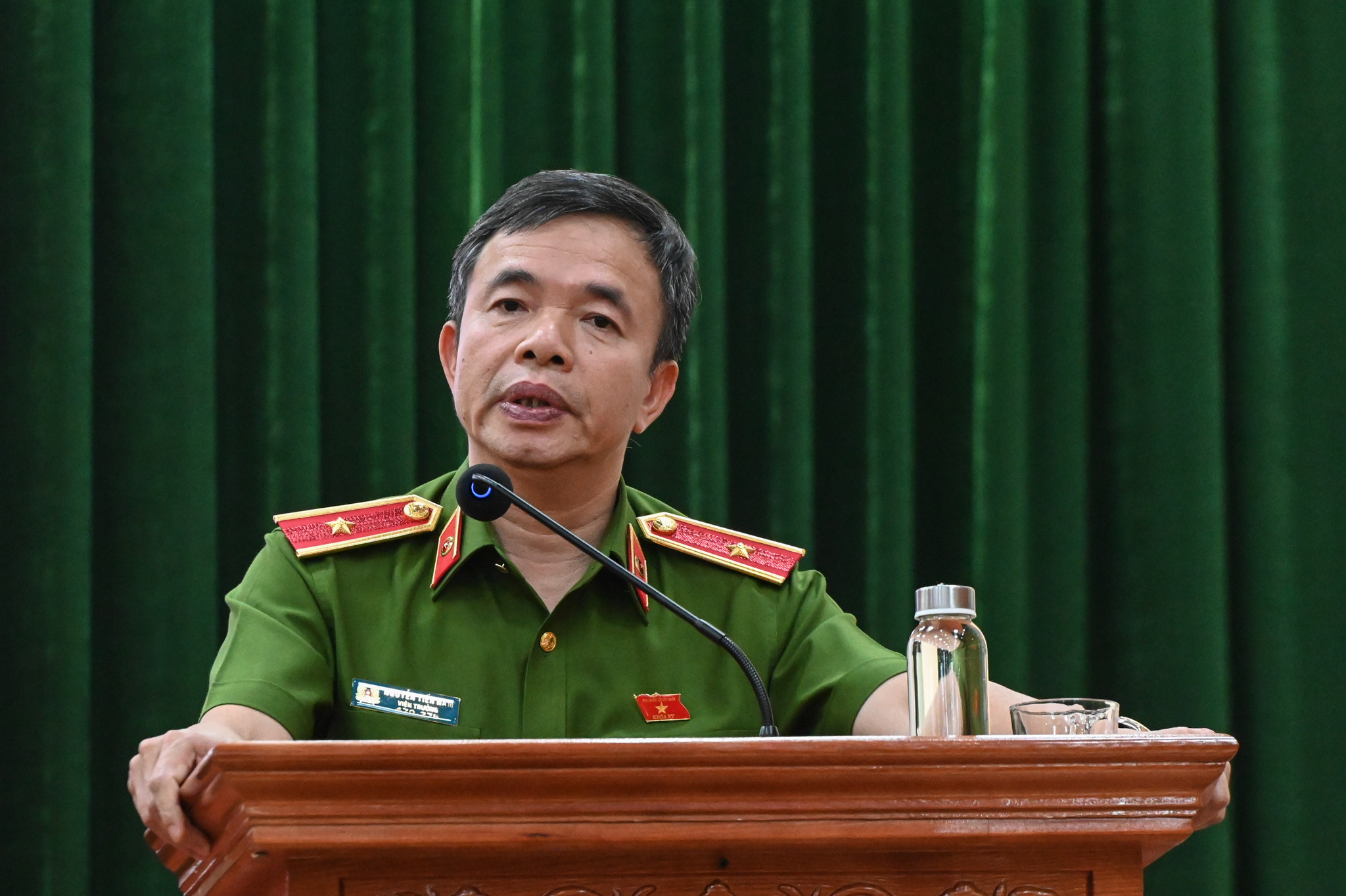
These are the draft Law amending and supplementing a number of articles of the Law on People's Public Security; the Law amending and supplementing a number of articles of the Law on Exit and Entry of Vietnamese Citizens and the Law on Entry, Exit, Transit and Residence of Foreigners in Vietnam; the Law on Forces Participating in Protecting Security and Order at the Grassroots Level; the Law on Road Traffic Order and Safety; and the revised Law on Citizen Identification.
“These bills are all very important, related to all aspects of social life, and are of great interest to public opinion and the people, especially in the People's Public Security Forces, such as the amended Law on Citizen Identification; the Law amending and supplementing a number of articles of the Law on People's Public Security,” the Director of the Institute of Criminal Science emphasized.
Can extend service life to 62
Colonel Le Xuan Cuong - Deputy Director of the Institute of Criminal Science introduced the basic contents of the 5 draft laws so that voters can better understand the importance and necessity of enacting these laws for social life and in the work of ensuring political security and social order and safety.
Going into the specific content of the draft Law amending and supplementing a number of articles of the Law on People's Public Security, Mr. Cuong said that, besides the advantages and achievements, the current law has revealed difficulties and inadequacies.
For example, the regulations on the maximum service age of police officers, non-commissioned officers, and police officers are not consistent with the regulations on increasing the retirement age of the Labor Code.
Therefore, the draft law amends and supplements the provisions on "the highest service age of police officers, non-commissioned officers, and officers of the People's Public Security". In most cases, it is proposed to increase the age by 2 years: People's Public Security for men: 62, women: 60; non-commissioned officers: 47; lieutenant: 55; majors, lieutenant colonels: 57, women: 55; lieutenant colonels: 60, men: 58 (increased by 3 years); colonels: 62, women: 60 (increased by 5 years); generals: 62, women: 60 (remain unchanged).
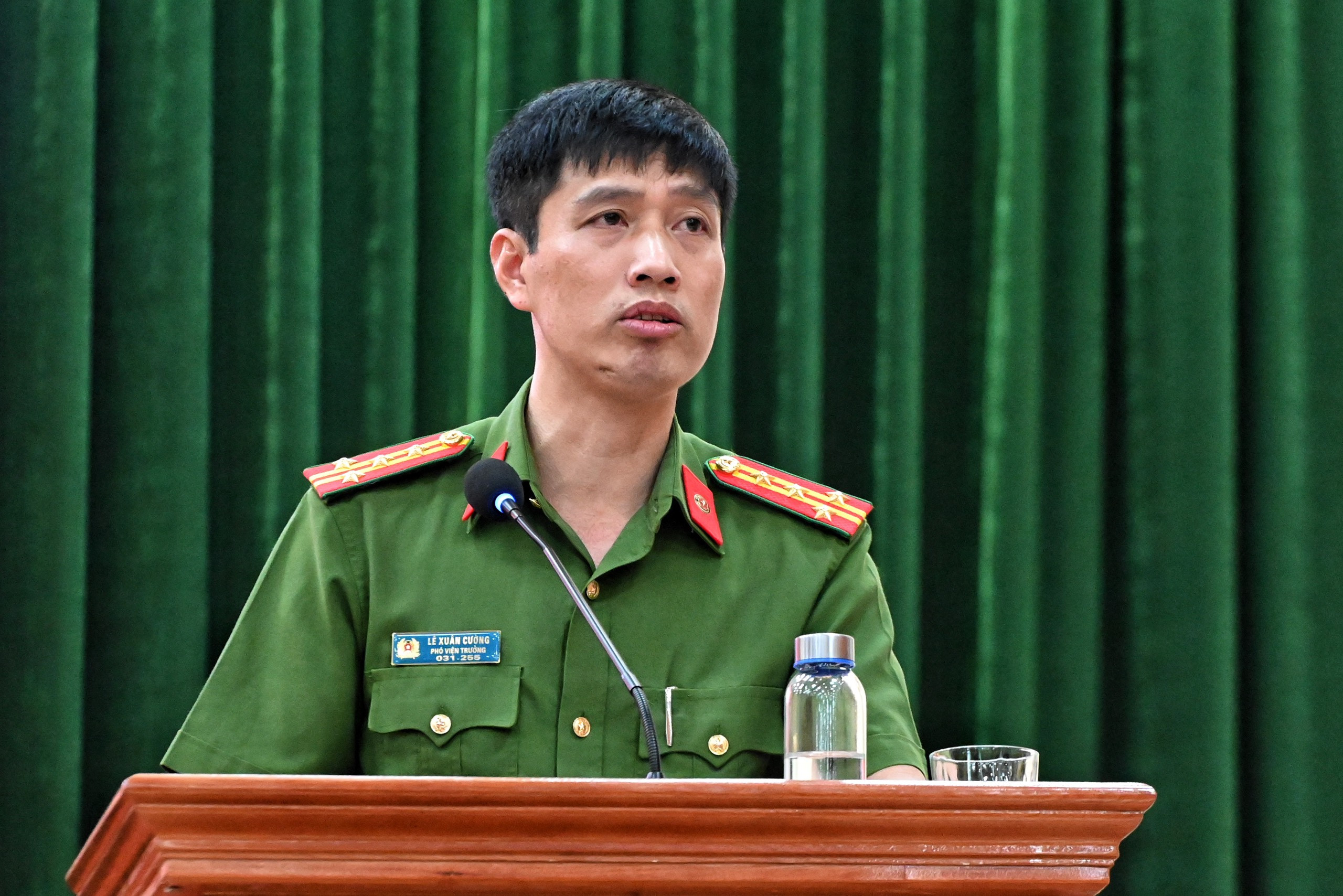
The roadmap for increasing the age limit each year is 3 months for men and 4 months for women. The remaining cases will increase the maximum service age when this law comes into effect. The Government will specify the roadmap for increasing the maximum service age of police officers, non-commissioned officers, and workers.
In case the police unit has a need, if officers of the rank of lieutenant, major, lieutenant colonel, and senior colonel have sufficient qualities, are good at expertise and profession, are in good health and volunteer, their service age may be extended according to the regulations of the Minister of Public Security, but not exceeding 62 years old for men and 60 years old for women.
In special cases, the age may be extended beyond 62 years for men and 60 years for women according to the decision of the competent authority.
In addition, the bill also stipulates that police officers who are professors, associate professors, doctors, and senior experts can have their service age extended beyond 62 for men and beyond 60 for women according to Government regulations.
Many opinions say that the current practice of crime prevention requires many officers with many years of service, a lot of practical experience, and good professional capacity to direct and command investigation and solve cases, and train resources. Therefore, the law adjusting the retirement age is to take advantage of the source of officers with capacity and experience.
In fact, many officers and soldiers who were commanders and had academic titles and degrees after retirement still continued to work as specialists and made very important contributions, especially in difficult cases.
Lieutenant Colonel Pham Huu Tu Tam - Deputy Director of the Institute of Criminal Science in Ho Chi Minh City (C09B) said that currently, the quality of life has improved, the average life expectancy in Vietnam has increased to 73, so officers and soldiers at the age of 50 and 60 are still healthy enough to serve the industry. They are experienced, have expertise in their work, and have stable families, so increasing the maximum service age of the People's Public Security Forces, non-commissioned officers, and officers of the People's Public Security Forces is appropriate.
Colonel, Associate Professor, Dr. Vu Cong Sau - Deputy Head of Department 4 (C09) also said that through talking with officers and soldiers, they all agreed with increasing the retirement age as stipulated in the draft law.
The amendment of the law is very timely, very necessary, and adapts to the reality of the fight against crime. Therefore, he hopes that competent authorities will soon amend the People's Public Security Law in 2023.
The law ensures quality then submits.
Major General Nguyen Thi Xuan - Standing Member of the National Assembly's Committee on National Defense and Security said that National Assembly Chairman Vuong Dinh Hue has a flexible, agile, and highly proactive viewpoint in legislative activities with the motto "increasing the rule of law, being proactive from early on and from afar".
Therefore, all draft laws must be prepared early, in advance, must ensure all conditions are met, and the documents must be of good quality according to the correct procedures before they can be submitted. If the documents are not up to standard, the quality of the draft is not good, then they cannot be submitted to the National Assembly.
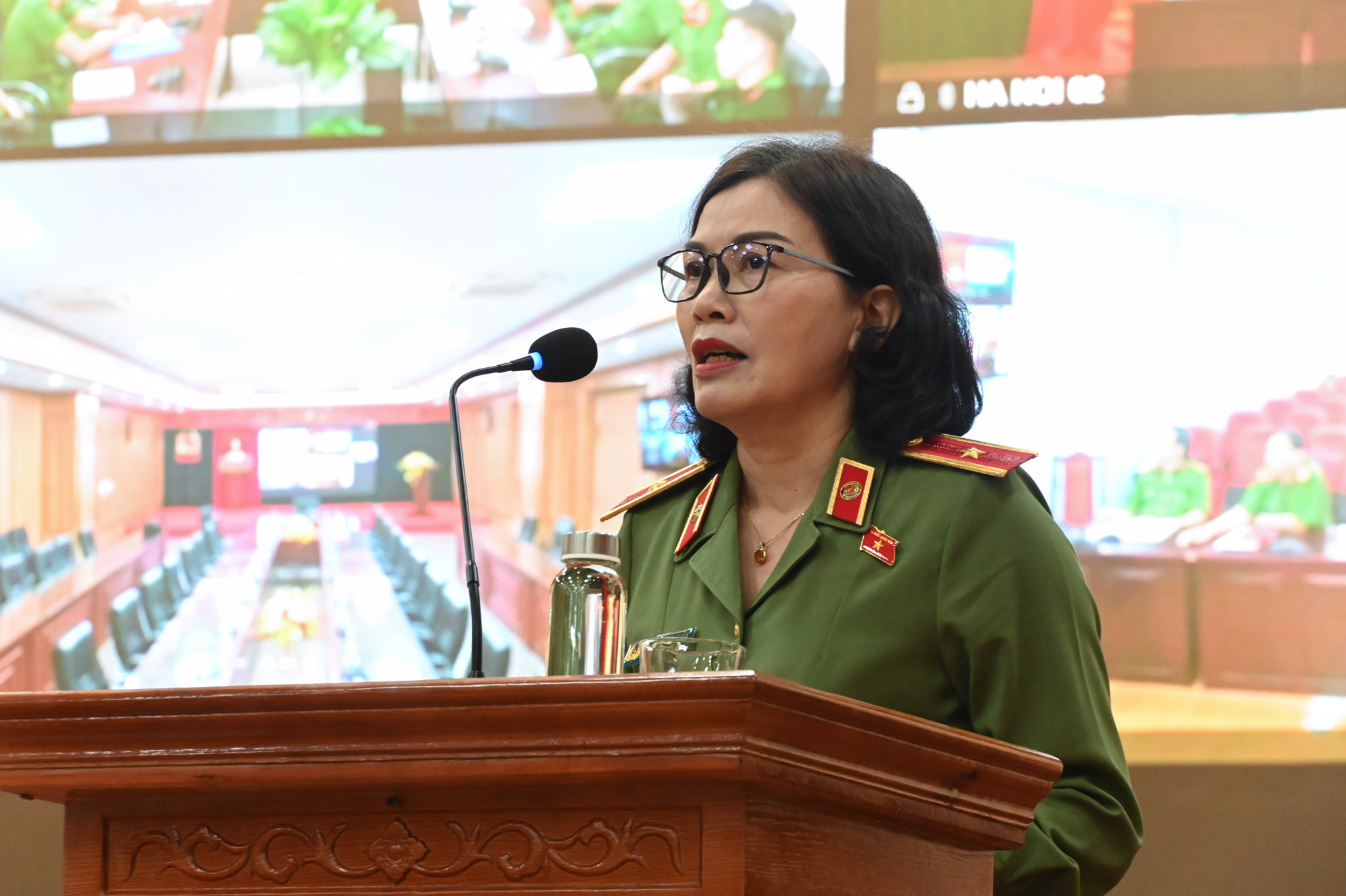
In addition to legal requirements, the National Assembly also bases its recommendations on practical requirements in legislative activities.
Ms. Xuan also analyzed the reasons why the Ministry of Public Security submitted many draft laws at the same time.
That is because there are laws that are already in the National Assembly's program and plan, but there are also laws that come from practical requirements such as the Law amending and supplementing a number of articles of the Law on Exit and Entry of Vietnamese Citizens and the Law on Entry, Exit, Transit, and Residence of Foreigners in Vietnam; and the Law on Citizen Identification (amended).
These are issues that the National Assembly Chairman is very concerned about, the Prime Minister is very determined, especially the Minister of Public Security always emphasizes the practical requirements that require amending a number of issues related to these laws to serve the purpose of attracting tourists, creating conditions for foreign experts to enter Vietnam and creating more conditions for Vietnamese citizens.
At the end of the conference, Major General Nguyen Tien Nam received voters' comments to collect and report to the Quang Binh Provincial National Assembly Delegation to convey to the National Assembly.
Source








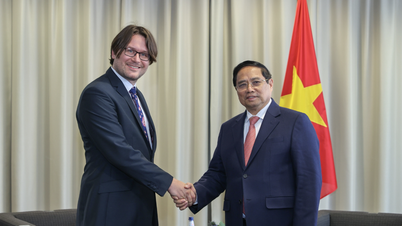

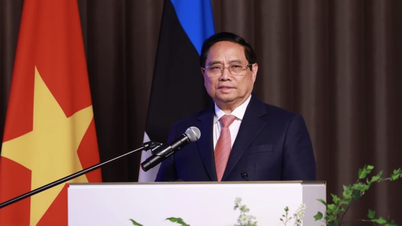

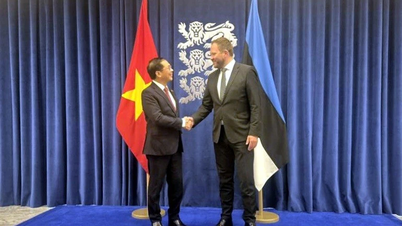
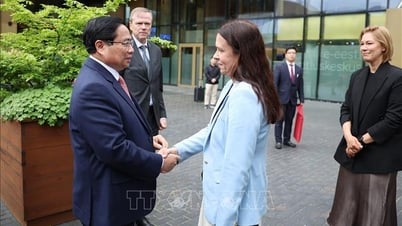



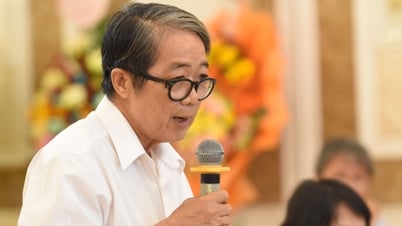




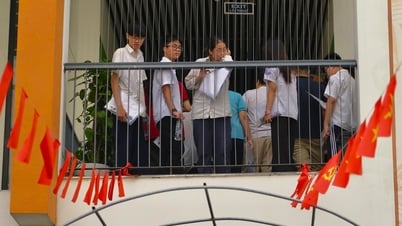
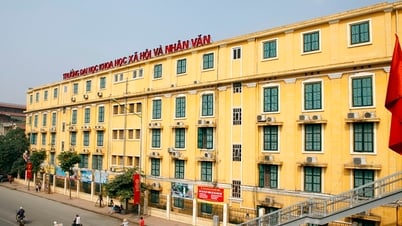
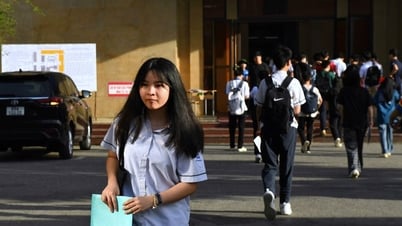





![[Photo] Nearly 104,000 candidates in Hanoi complete procedures to take the 10th grade entrance exam](https://vphoto.vietnam.vn/thumb/1200x675/vietnam/resource/IMAGE/2025/6/7/7dbf58fd77224eb583ea5c819ebf5a4e)




























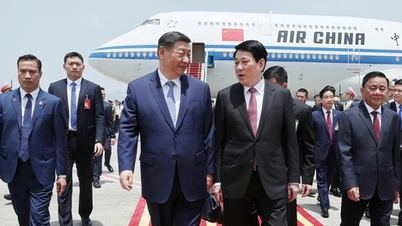



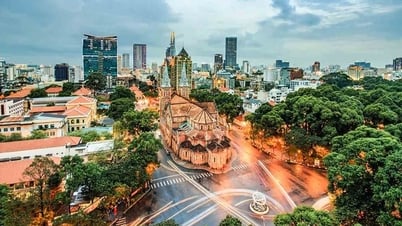




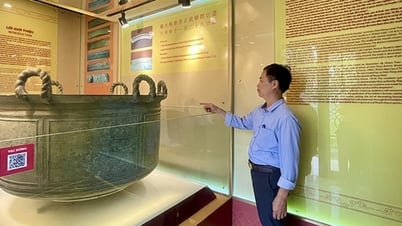






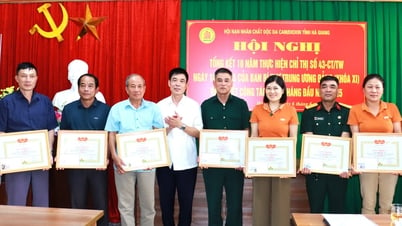
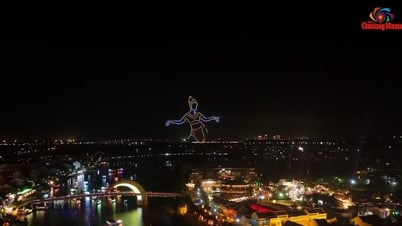

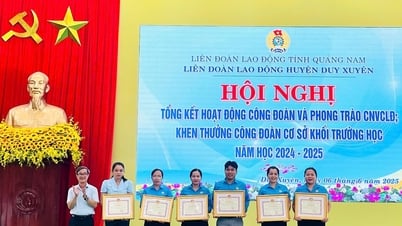






![[OCOP REVIEW] Tu Duyen Syrup - The essence of herbs from the mountains and forests of Nhu Thanh](https://vphoto.vietnam.vn/thumb/402x226/vietnam/resource/IMAGE/2025/6/5/58ca32fce4ec44039e444fbfae7e75ec)



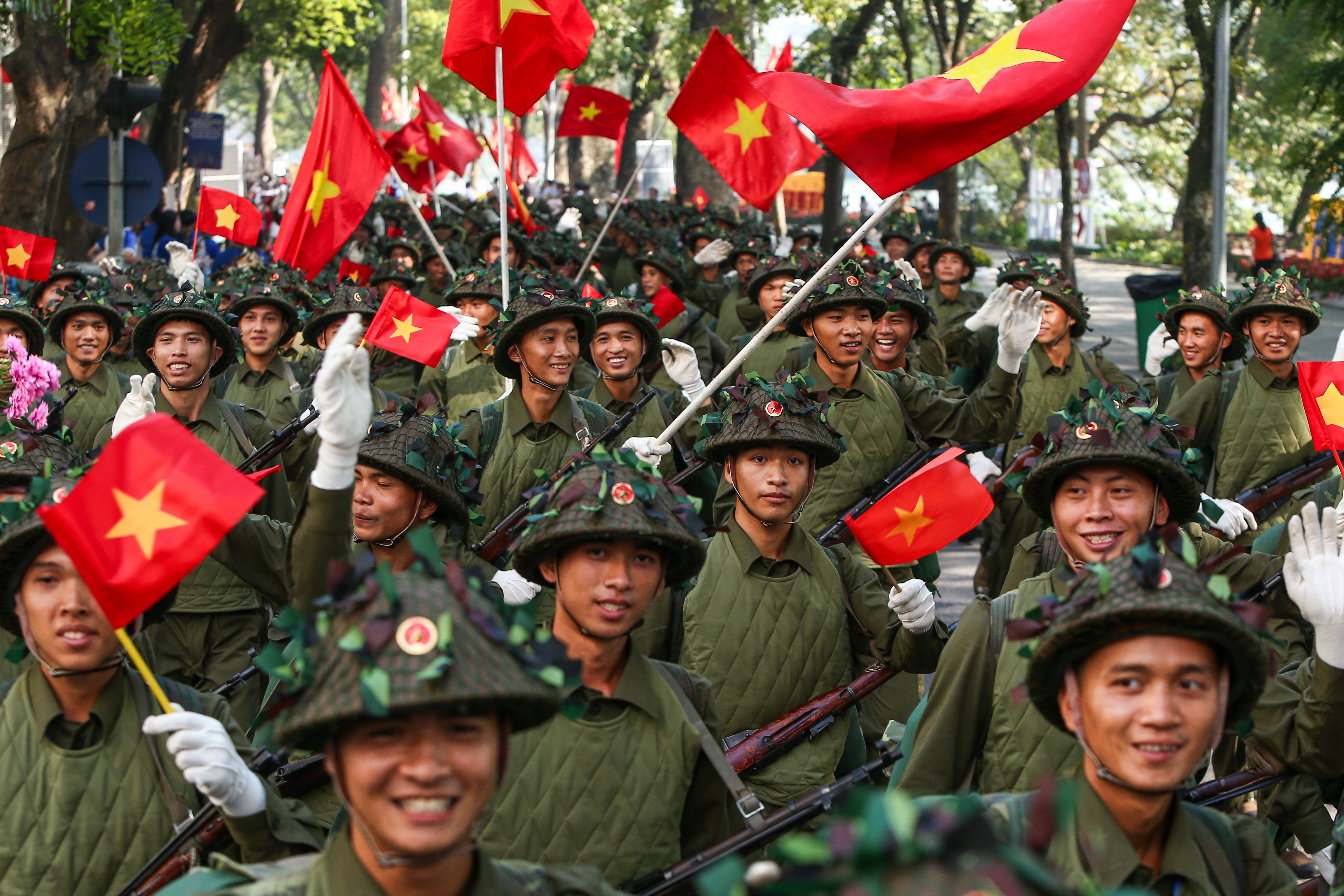
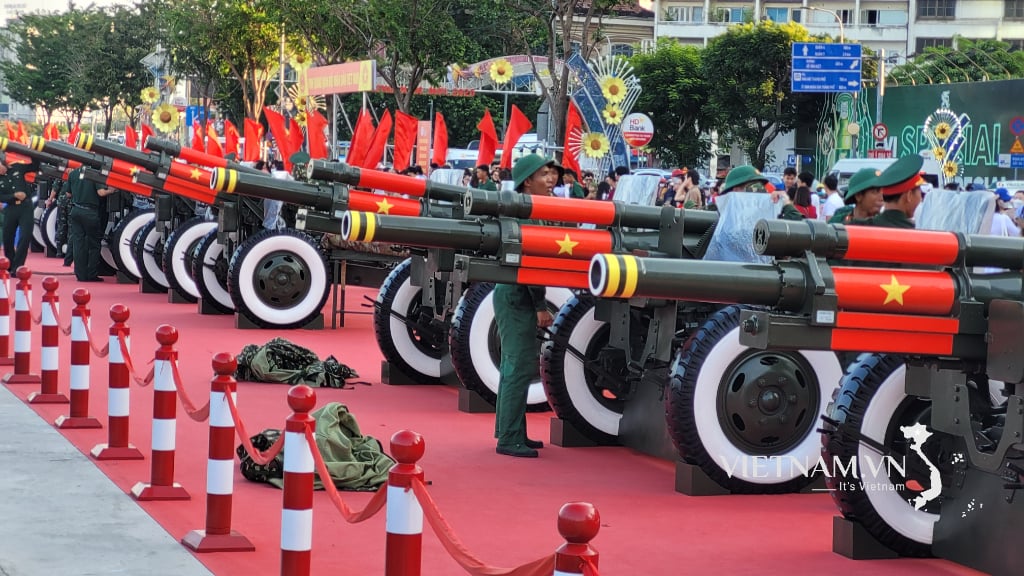
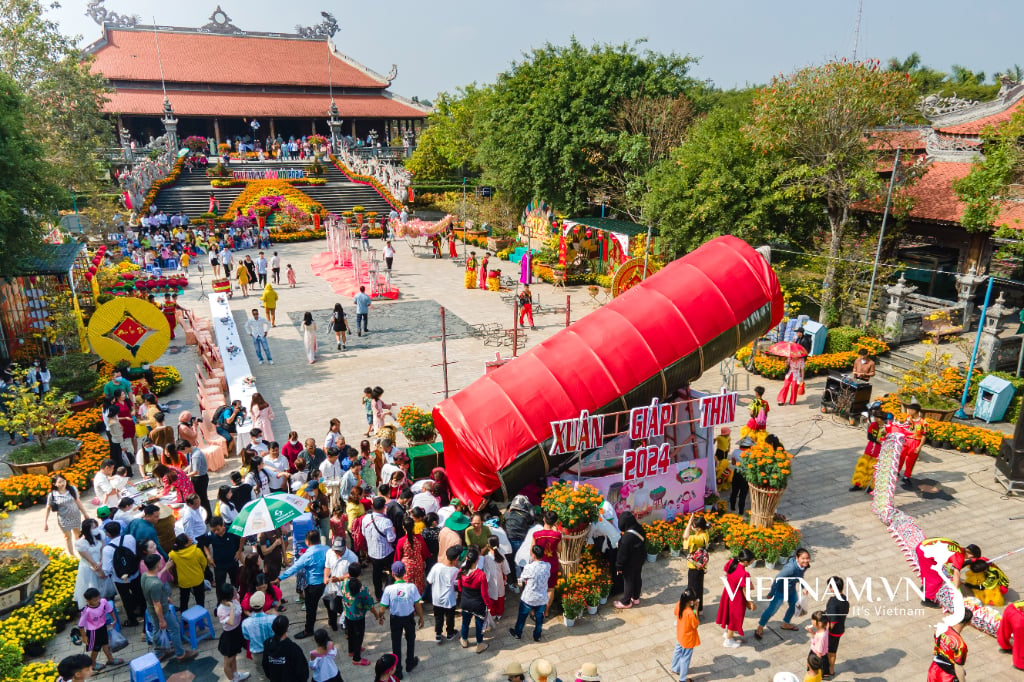
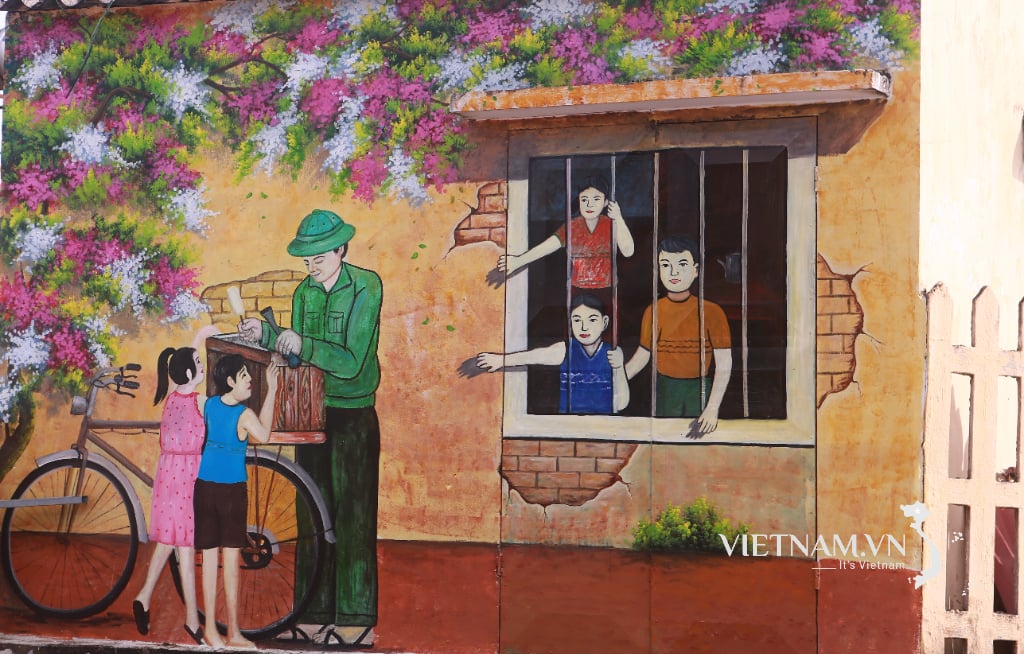
Comment (0)